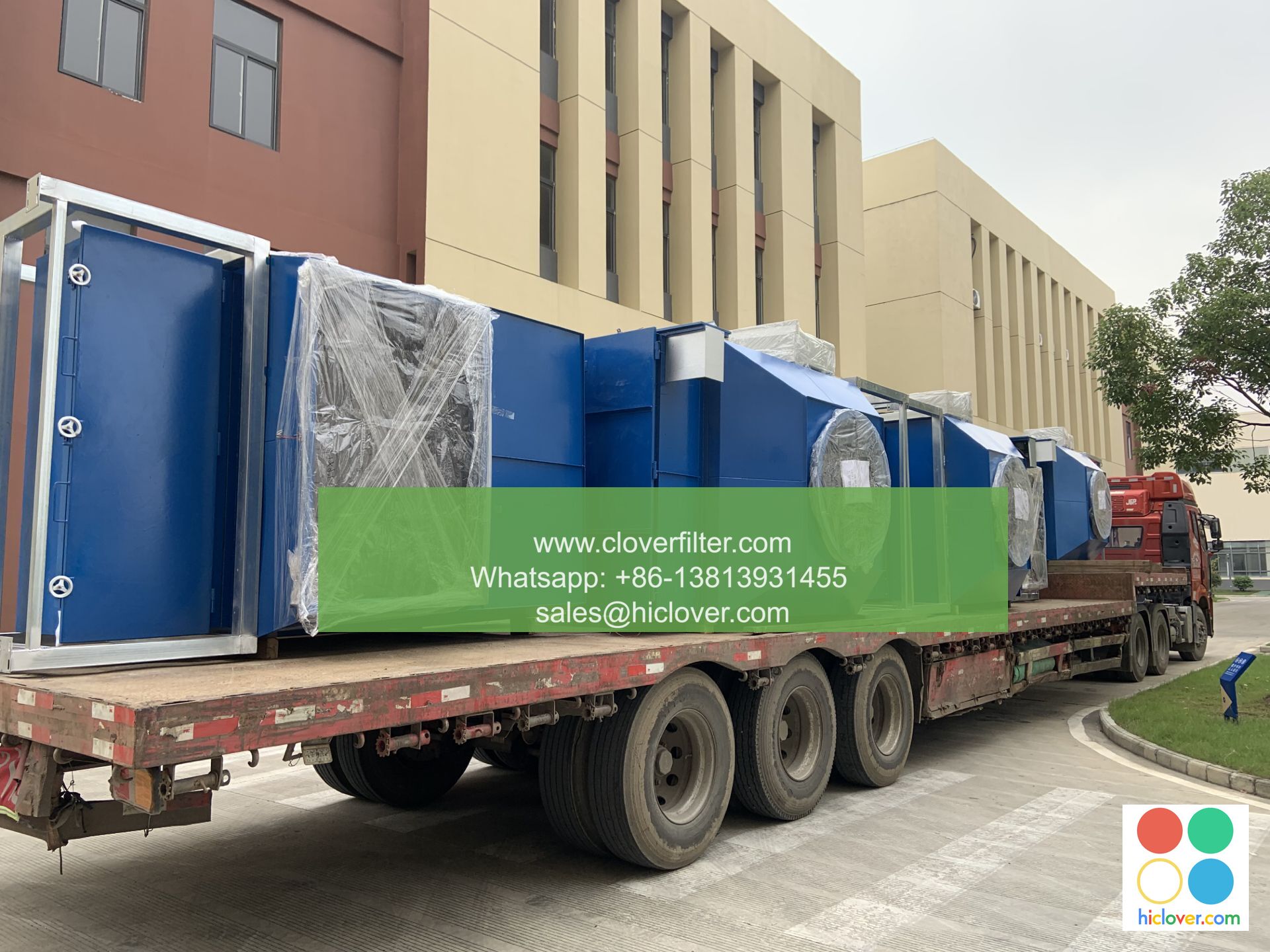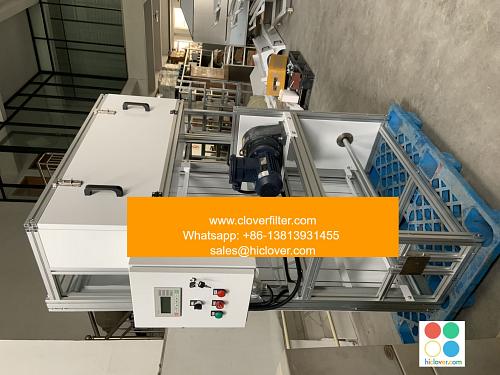Enhancing Virus Containment at Emory University with Automatic Roll Air Filters

Emory University, a renowned research institution, has been at the forefront of virus containment and research, particularly with regard to infectious diseases such as Ebola, SARS, and COVID-19. One crucial aspect of maintaining a safe and controlled environment for research and experimentation is the use of advanced air filtration systems. In this article, we will explore how Automatic Roll Air Filters have been successfully implemented at Emory University to enhance virus containment and promote a safe working environment.
##
Introduction to Automatic Roll Air Filters
Automatic Roll Air Filters are a type of High Efficiency Particulate Air (HEPA) filter that utilize a rolling mechanism to automatically replace the filter media as it becomes saturated with particulate matter. This innovative technology ensures continuous and uninterrupted air filtration, minimizing the risk of airborne contamination. At Emory University, these filters have been integrated into the existing ventilation systems to provide an additional layer of protection against airborne pathogens.
##
Application Areas
The Automatic Roll Air Filters have been installed in various application areas across the university, including:
* Biosafety Level 3 (BSL-3) laboratories, where researchers work with infectious agents that can cause serious or potentially lethal disease
* Biosafety Level 4 (BSL-4) laboratories, where researchers work with the most dangerous and exotic infectious agents
* Animal research facilities, where animals are used to study infectious diseases and develop new treatments
* Patient care areas, where patients with infectious diseases are treated and isolated
##
Benefits of Automatic Roll Air Filters
The implementation of Automatic Roll Air Filters at Emory University has yielded several benefits, including:
* Enhanced virus containment: The filters have been shown to be highly effective in capturing airborne pathogens, reducing the risk of transmission and contamination
* Improved indoor air quality: The filters remove particulate matter and other airborne contaminants, creating a healthier and more comfortable working environment
* Increased laboratory productivity: With the automated filter replacement system, researchers can focus on their work without the need for frequent filter changes
* Reduced maintenance costs: The Automatic Roll Air Filters require less maintenance than traditional filters, reducing the overall cost of ownership
##
Integration with Existing Systems
The Automatic Roll Air Filters have been seamlessly integrated with the existing building automation systems (BAS) and laboratory information management systems (LIMS) at Emory University. This integration enables real-time monitoring of air quality and filter performance, allowing for prompt identification and response to any potential issues.
##
Conclusion
The implementation of Automatic Roll Air Filters at Emory University has significantly enhanced virus containment and promoted a safe working environment for researchers and patients. The benefits of these filters, including enhanced virus containment, improved indoor air quality, increased laboratory productivity, and reduced maintenance costs, make them an essential component of any research institution or healthcare facility. As research and experimentation continue to advance, the use of Automatic Roll Air Filters will play a critical role in maintaining a safe and controlled environment for the study of infectious diseases.

